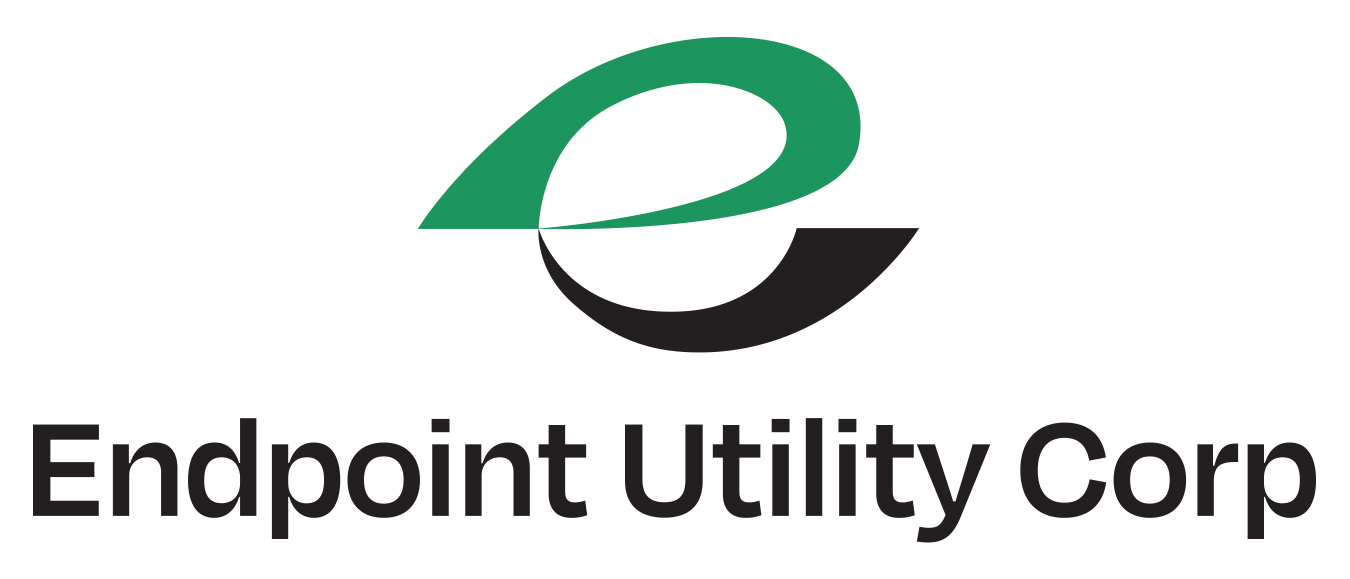Preparing Your Private Healthcare Practice for AI
Artificial intelligence (AI) is transforming the healthcare industry, offering unprecedented opportunities to enhance patient care, streamline operations, and improve outcomes. This year, it is projected that AI will be integrated into 90% of healthcare organizations worldwide. Additionally, 75% of healthcare professionals report using AI tools in their daily work, with applications ranging from diagnostic imaging to personalized treatment plans.
As private healthcare practices look to harness the power of AI, it's essential to have the right technology infrastructure in place to make the most of these advancements and investments. This guide will walk you through the key components needed to ensure your practice is AI-ready, along with some top use cases.
IT Infrastructure Checklist:
Cloud Computing
Access to scalable cloud platforms like Microsoft Azure, Amazon Web Services (AWS), or Google Cloud is crucial. These platforms provide the necessary computing power and flexibility to run AI applications. Think of it as having a powerful engine that can handle any workload you throw at it.
Data Management Systems
Reliable data management systems are essential for collecting, storing, and processing patient data. This includes electronic health records (EHRs), data warehouses, and data lakes. Tools like Microsoft SQL Server, Amazon Redshift, and Google BigQuery can help manage large datasets efficiently. Imagine having a well-organized library where you can quickly find any book you need. These data management systems allow you to connect multiple data sets to gain actionable insights into your business.
AI and Machine Learning Platforms
Utilize AI and machine learning platforms such as Microsoft Azure Machine Learning, TensorFlow, and PyTorch. These platforms offer tools and frameworks needed to develop, train, and deploy AI models tailored to healthcare needs. It's like having a toolkit with all the necessary tools to build and refine your AI solutions.
Cybersecurity Measures
Protecting sensitive patient data is paramount, especially with the addition of AI applications. Establish robust cybersecurity measures, including firewalls, encryption, multi-factor authentication, and regular security audits to ensure compliance with HIPAA regulations.
Networking Infrastructure
A reliable and high-speed internet connection is crucial for supporting real-time data processing and seamless connectivity for AI applications. This is especially important for telemedicine and remote patient monitoring. It's like having a fast and stable highway for smooth and uninterrupted travel.
Hardware
Depending on the complexity of AI tasks, consider specialized hardware such as GPUs (Graphics Processing Units) for faster data processing. Cloud providers often offer GPU instances that can be rented on-demand. Think of it as having a high-performance sports car for speed and efficiency.
Peripherals: Microphones, Webcams & More
Quality Microphones: High-quality microphones are essential for clear audio during virtual consultations and AI-driven voice recognition tasks. AI noise-canceling microphones, such as the Shure SM7B, Neumann U87 Ai, and Audio-Technica BP40, use advanced algorithms to filter out background noise, ensuring your voice remains clear and focused.
Webcams: Invest in high-definition webcams to ensure clear video quality during telemedicine sessions. Look for webcams with features like autofocus, low-light correction, and wide-angle lenses.
Headsets: Quality headsets with noise-canceling features can enhance communication during virtual consultations by reducing background noise and providing clear audio.
Monitors: Dual or multiple monitors can improve productivity by allowing healthcare providers to multitask efficiently. High-resolution monitors with adjustable stands can also reduce eye strain and improve ergonomics.
Data Quality and Access
Ensure high-quality data that is accurate, complete, consistent, and easily accessible. Poor data quality can lead to unreliable AI outcomes. Think of it as having clean and well-organized ingredients for a recipe.
Team Skills and Training
Equip your team with the necessary skills in data analysis, managing AI tools, and making informed decisions based on AI insights. Consider working with your IT partner or providing regular training to bridge any skill gaps.
Integration with Existing Systems
Evaluate the readiness of your current systems to integrate AI solutions seamlessly. Ensure compatibility and smooth integration with existing workflows. Think of it as ensuring all parts of a machine work together smoothly.
Compliance and Ethical Considerations
Ensure compliance with relevant regulations and ethical considerations when implementing AI solutions. This includes data privacy laws and ethical guidelines for AI usage.
Top Use Cases for AI in Private Healthcare Practices
Assisted Transcription & Documentation: AI-powered tools can record patient appointments in real-time, transcribe conversations between healthcare providers and patients, and summarize pertinent information into patient encounter notes. These tools use natural language processing (NLP) to accurately capture medical terminology and provide recommended next steps based on the patient's condition. This not only improves the accuracy and efficiency of medical documentation but also allows healthcare providers to focus more on patient care rather than administrative tasks.
Assisted Diagnosis and Prescription: AI-powered tools can assist healthcare providers with diagnosing conditions based on symptoms, medical history, and diagnostic data. This can improve the accuracy and speed of diagnoses.
Customer Service Chatbots: AI chatbots can handle patient inquiries related to appointments, billing, or medication refills. This reduces the workload on healthcare providers and allows them to focus on more complex cases.
Prescription Auditing: AI can analyze prescriptions for drug interactions, incorrect dosages, or potential patient allergies, reducing the risk of adverse drug events.
Telemedicine and Remote Patient Monitoring: AI can enhance telemedicine by providing real-time data analysis and remote monitoring of patients. This allows healthcare providers to offer timely interventions and personalized care.
Medical Imaging and Diagnosis: AI can analyze medical images to detect abnormalities and assist radiologists in diagnosing conditions. This improves the accuracy and efficiency of medical imaging.
Predictive Analytics for Patient Care: AI can predict patient outcomes based on historical data, helping healthcare providers anticipate complications and tailor treatment plans accordingly.
By following this checklist and leveraging these AI use cases, private healthcare practices can build a solid foundation for AI readiness and unlock the full potential of AI to enhance patient care and operational efficiency. Endpoint is here as your trusted IT partner to help you strategically evaluate your current IT infrastructure and prepare for the integration of AI tools and services.
